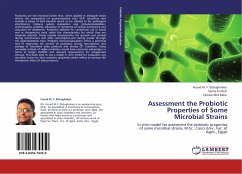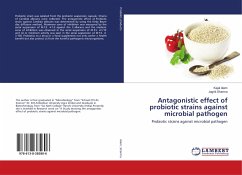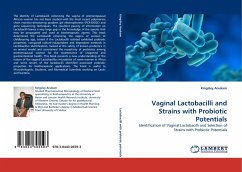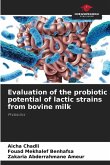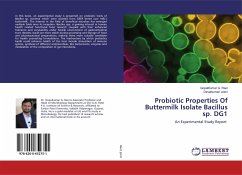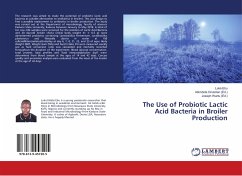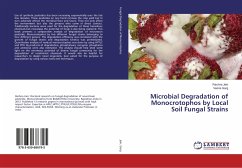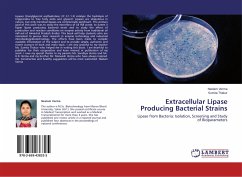Probiotics are live microbial strains that, when applied in adequate doses affects the composition of gastrointestinal tract (GIT) microflora and extends a range of host benefits which so far claimed to be: pathogens interference, immune system stimulation and immunomodulation, antimutagenic activities, alleviation of symptoms of lactose intolerance and reduction of cholesterol. Probiotics selected for commercial use in foods and in therapeutics must retain the characteristics for which they are originally selected. These include characteristics for growth and survival during manufacture and after consumption,and during transit through the gastrointestinal tract. Probiotic microencapsulation offers a potential way of improving the survival of probiotics during manufacture and storage of functional dairy products and during GIT transition. Using nonviable instead of viable probiotics would have economic advantages in terms of longer shelflife and reduced requirements for refrigerated storage. This book aims to use a simple in vitro model for evaluation any microbial strains for their probiotic properties which reflect to increase the therapeutic effect of dairy products.

